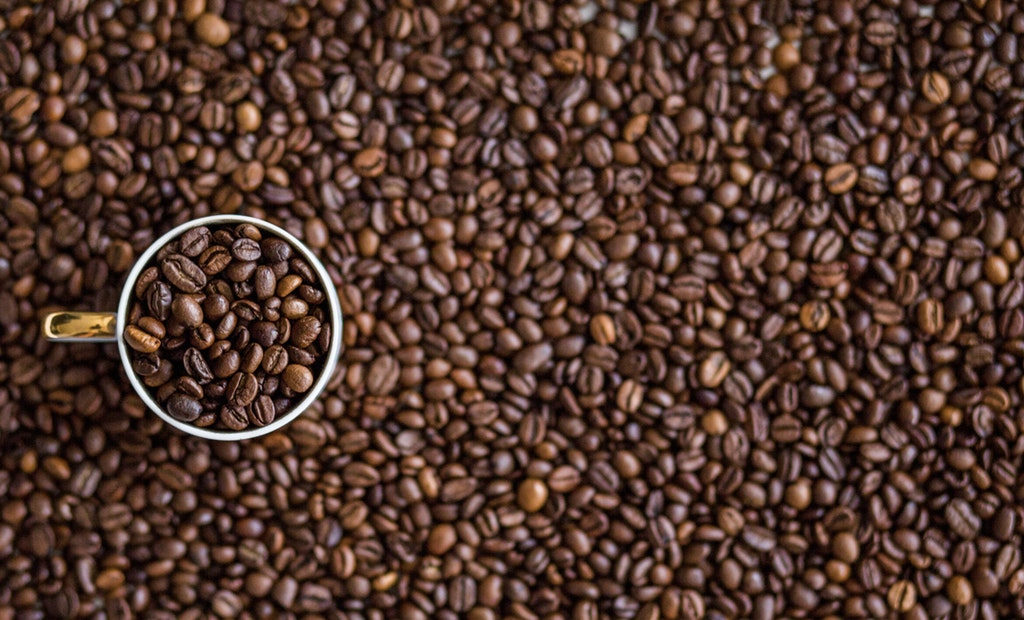The surprising benefits of caffeine

Most of us survive the weekly working grind with caffeine assistance in one way or another, however, its presence isn’t limited to tea, coffee, or energy drinks: caffeine occurs naturally in a number of foodstuffs, from chocolate to aspirin.
In 2012, 136 million bags of coffee were exported globally, testifying to its enduring popularity. A legal drug, it’s one unlikely to fall out of favour anytime soon. Earlier this year the European Food Safety Authority warned that ingesting more than five espressos’ worth of caffeine per day can have significant health implications including cardiac problems, insomnia and panic attacks. However, whilst excessive consumption has caused concern, the power of caffeine is one that’s been harnessed with hugely positive, and promising effects.
Improves exercise
Caffeine is proven to improve physical and mental response, performance and endurance. It can help to relieve post-workout aches and pains by up to 48%. When combined with carbohydrate, caffeine assists muscles in replenishing the primary fuel source, glycogen, with a 66% improvement compared to carbohydrate intake alone. Dr James Morton of Boxing News Online recommends the combined benefits of caffeine in athletic training, advising supplements or energy products being taken 30-45 minutes before performance to notice an improvement in mental alertness. Optimum Nutrition gold standard pre-workout green apple, £19.99, powerhousefitness.co.uk
Optimum Nutrition gold standard pre-workout green apple, £19.99, powerhousefitness.co.uk
Stimulates hair growth
Testosterone makes men’s skin more sensitive than women’s and the scalp in particular is more vulnerable; cells function less efficiently, causing hair roots to premature. Caffeine benefits thin, weak hair by stimulating the roots via the skin and hair shaft to the follicles. German brand Alpecin has formulated a best-selling shampoo for men and women – Plantur 39.
Alpecin caffeine shampoo, £5.55, Boots Plantur 39 phyto-caffeine shampoo, £8.99, Boots
Plantur 39 phyto-caffeine shampoo, £8.99, Boots
Aids memory retention and function
A study published in 2014 found that caffeine can assist memory retention. According to the scientists conducting the study, subjects were able to form stronger and sharper memories, with implications for future research into neurological conditions like Alzheimer’s disease. Michael Yassa, an assistant professor of psychological and brain science said: “Caffeine is associated with healthy longevity and may have some protective effects from cognitive decline like Alzheimer’s disease.”
Emma Pugh


























Facebook
Twitter
Instagram
YouTube
RSS